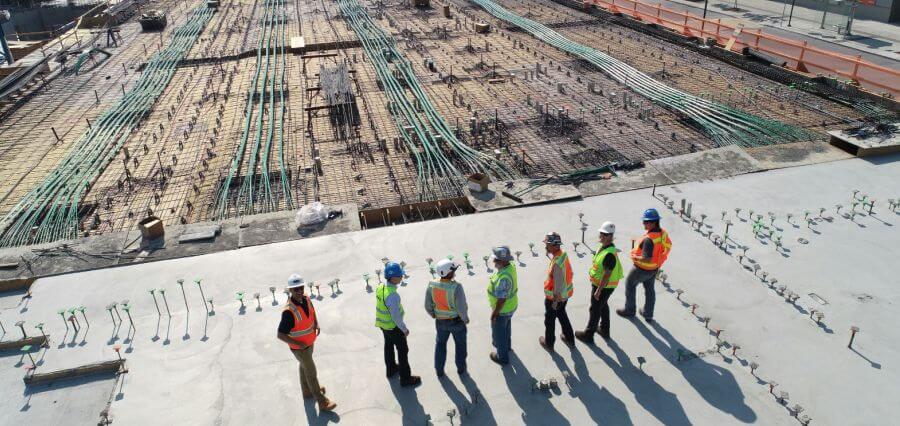Construction has long been a major contributing factor to the US economy. Its influence can be seen in residential, commercial, industrial, and infrastructure projects.
Beyond the towering skyscrapers and busy highways, the economic impact of this industry is far-reaching. But what makes it such a lucrative asset for the country?
Economic Contribution
According to the US Census Bureau, construction spending in 2020 amounted to a staggering $1.43 trillion. In January 2024, construction spending was estimated at a rate of $2,102.4 billion.
These figures highlight the sheer scale of the industry’s economic footprint. This spending affects a range of sectors, from raw material merchants to equipment suppliers such as RS Americas, linking different industries together. In addition, each dollar invested in construction generates additional economic activity through related services and consumer spending.
Employment Trends
There were 3,962,222 construction businesses in the US as of 2023. It’s a major player in terms of employment, serving as a vital lifeline for millions of American workers. It offers employment opportunities across a diverse range of skill sets and expertise. From carpenters and electricians to architects and project managers, there are many different types of jobs available to the 7.8 million workers in this industry.
In fact, construction employment tends to remain resilient in the face of economic downturns, often serving as a stabilizing force during periods of recession. As the demand for infrastructure modernization and sustainable development among green construction projects intensifies, the industry is poised to play an even greater role in shaping the future labor landscape.
Infrastructure Development
The construction industry leads in the design and implementation of critical infrastructure projects. Whether it’s building highways to connect urban centers or building renewable energy facilities to combat climate change, construction firms play an important role in shaping the way towns and cities – and society as a whole – function.
Investments in infrastructure not only enhance productivity and efficiency but also lay the groundwork for long-term economic growth and competitiveness on the global stage.
Economic Resilience and Growth
The construction industry in the US is capable of weathering storms and bouncing back. Historically, periods of economic recovery have been closely intertwined with robust construction activity. This is because governments and businesses tend to ramp up investments to stimulate growth.
Also, advancements in construction technologies and practices continue to drive productivity gains and cost efficiencies. These often enhance the industry’s capabilities and boost economic growth.





